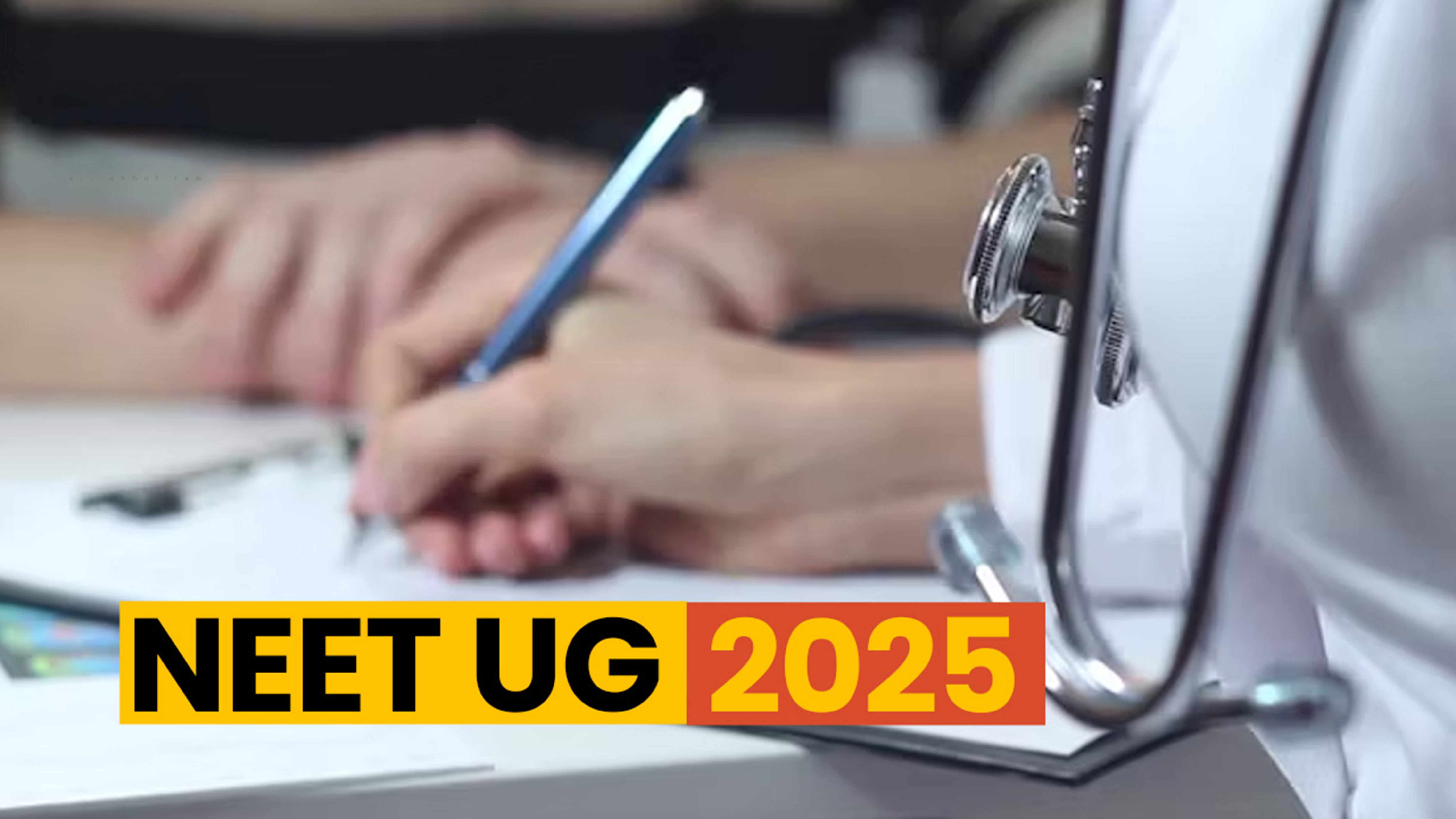
NEET-UG 2025: Supreme Court to Hear Plea Seeking Retest for Madhya Pradesh Aspirants Affected by Power Outage
In a significant development concerning the NEET-UG 2025 examination, the Supreme Court of India has agreed to hear a plea demanding a retest for candidates who were impacted by a power outage during the exam at select centres in Madhya Pradesh. The petitioners, who sat for the exam in Indore and Ujjain, allege that electricity disruptions severely hampered their ability to take the test fairly.
A bench comprising Justices Surya Kant and Joymalya Bagchi has listed the matter for hearing next week. The decision to take up the plea comes in response to an urgent request made by the counsel representing the affected candidates, who cited the impending commencement of the NEET-UG counselling process on July 21, 2025, as a reason for fast-tracking the matter.
While acknowledging the urgency, the Supreme Court observed that counselling is conducted in multiple rounds and that the students could participate in them if they secure a favourable verdict in the case. This provides a sliver of hope for the petitioners, whose future currently hangs in balance.
Background of the Case
The controversy began when reports emerged about a power outage at some of the NEET-UG 2025 examination centres in Indore and Ujjain, both located in Madhya Pradesh. Students from these centres claimed that the blackout created an unfair testing environment, disrupting their concentration and creating logistical difficulties during the crucial national-level medical entrance exam.
Following these complaints, a single-judge bench of the Madhya Pradesh High Court directed the National Testing Agency (NTA) to conduct a retest for candidates who were impacted by the power disruption. This ruling came as a relief to hundreds of aspirants who had been voicing their concerns through various platforms and petitions.
However, the relief was short-lived.
Division Bench Overturns Retest Order
On appeal by the NTA, a Madhya Pradesh High Court division bench set aside the single judge's order. The division bench relied heavily on the findings of an expert committee appointed to assess the situation. According to the panel’s report, although there was indeed a power outage at some centres, sufficient natural light was available during the exam, which allowed candidates to write the paper without serious hindrance.
While overturning the decision to hold a retest, the high court cautioned the NTA to ensure such lapses are not repeated in future examinations. It stressed on the need for the exam conducting body to implement robust contingency plans to handle unexpected disruptions like power failures.
This order left many students disappointed, reigniting demands for a judicial review by the Supreme Court.
Petitioners Move Supreme Court
The aggrieved candidates have now approached the Supreme Court, urging it to reverse the high court division bench’s order and reinstate the directive for a retest. The petitioners argue that irrespective of the presence of natural light, the power outage caused unnecessary psychological stress, disrupted digital systems, and created an atmosphere not conducive to taking a high-stakes exam like NEET-UG.
Their counsel also emphasized that the integrity of a national-level examination should be upheld not just by providing basic visibility but by ensuring an uninterrupted and uniform testing experience for all candidates across the country.
Implications for Counselling and Admissions
The outcome of this case could significantly impact the NEET-UG 2025 counselling process, especially for candidates from Madhya Pradesh. With the first round of counselling slated to begin on July 21, the Supreme Court's upcoming hearing will be crucial. A verdict in favour of the petitioners could lead to a rescheduling of counselling sessions or separate provisions for affected candidates.
It’s important to note that NEET counselling is typically conducted in multiple rounds — giving the authorities some room to accommodate any potential changes resulting from the SC’s verdict. However, if a retest is ordered, it could delay seat allotments and admissions in medical colleges for a considerable number of students.
Wider Concerns Over Examination Preparedness
This case also raises broader questions about the examination authorities' preparedness. Power outages, technical glitches, and infrastructural issues have previously marred several competitive exams. While the NTA has taken steps to standardize and secure exam procedures, this incident again highlights the need for better contingency planning.
The incident has also revived discussions on:
- The importance of centre-wise infrastructure audits before high-stakes exams.
- Deployment of backup generators and lighting systems.
- Transparent mechanisms for registering grievances on the day of the exam.
- Timely redressal and communication from the testing agency to candidates.
What Happens Next
With the Supreme Court agreeing to hear the matter, all eyes are now on the following week's proceedings. If the Court finds merit in the petitioners' grievances, it may order a partial or complete retest for the affected candidates in Indore and Ujjain. Alternatively, it may uphold the High Court division bench’s decision and let the current admission process proceed without interruption.
For thousands of students, the decision will affect their medical college admission prospects and serve as a litmus test for how India’s judiciary and educational institutions respond to logistical failures in critical exams.



